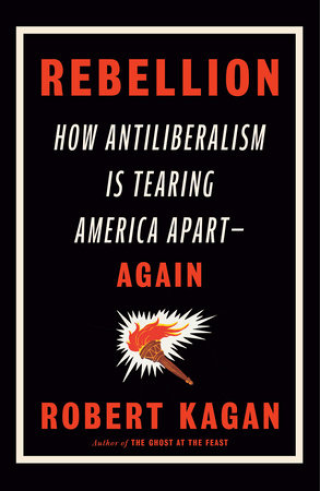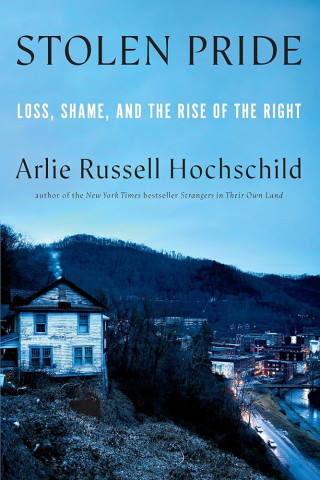Kagan is right when he writes that “the institutions that America’s founders created to safeguard liberal democratic government cannot survive when half the country does not believe in the core principles that undergird the American system of government.” But his solution misses the very reason we seem to be in this mess. In an earlier book, The Jungle Grows Back: America and our Imperiled World (2018), Kagan stated:
Democracy has spread and endured because it has been nurtured and supported: by the norms of the liberal order, by global pressures and inducements to conform to those norms, by the membership requirements of liberal institutions like the EU and NATO, by the fact that the liberal order has been the wealthiest part of the world, and by the security provided by the world’s strongest power, which happens to be a democracy.
But what if there are large pockets of this country that do not see the values of these norms? Seeing our moment this way shows Kagan and company’s blind spot. They privilege the centrality of norms, institutions, and elites as central to ensuring democracy. Their model has no way of explaining why ordinary citizens might cheer while institutions collapse, except to view it as authoritarianism, which it may be. But labeling it does not explain it, nor does it pull us back from the brink.
Kagan’s analysis is focused on structural fragility: the weakness of political parties, the erosion of electoral systems, the possibility of overturning election results, and the reality that election outcomes might be disputed. These are real dangers. “Today,” wrote Kagan, “as always, democracy is a fragile flower. It requires constant support, constant tending, and the plucking of weeds and fencing-off of the jungle that threaten it both from within and without.” But Kagan underplays the affective economy that sustains these structures. The sense of alienation from democracy, coupled with deep-seated wounds of humiliation, leads to the politics of revenge, in which backsliding is inevitable. Getting to the heart of this is historian Steven Hahn, who writes that illiberalism is “Not at the margins of evolving American society, not as dark threads that occasionally surface, not as paranoic and backward-looking responses to disruptive change, but as central fields of political and cultural force.” Illiberalism is not an alien intrusion into American democracy but a constant presence, there from the start. In the nineteenth century, Alexis de Tocqueville remarked that the country lacked “guarantees against tyranny.” From the beginning, democracy was defined as possession—guarded for some, denied to others.
This inherent contradiction bred cycles of humiliation and revenge. As any new gains were seen as coming at the expense of others. After the Civil War, the defeated South turned its shame into a politics of redemption. Reconstruction’s promise of multiracial democracy gave way to lynch mobs and segregation, justified as restoring dignity to whites. Writing at the time, black Southern journalist Ida B. Wells pulled back the curtain on the spectacle of these lynchings as public ritual, a catharsis for white communities that believed their honor had been mocked by black advancement. Wells, writing in the autobiography Crusade for Justice in 1928, saw lynchings as “an excuse to get rid of Negroes who were acquiring wealth and property and thus keep the race terrorized.” The political violence reasserted hierarchy. Humiliation was answered with cruelty, and cruelty was experienced as justice and the restoration of order.


